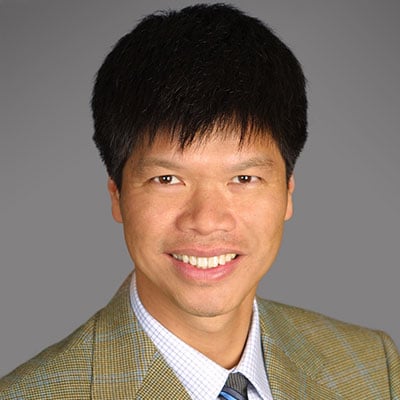Computer Co. Says PTAB Institution Process Unconstitutional
A company that had three patents invalidated by Samsung Electronics Co. Ltd. has told the interim U.S. Patent and Trademark Office director that the Patent Trial and Appeal Board's procedure for deciding whether to grant patent reviews suffers from the same constitutional defect identified in Arthrex.
Nevada-based Arbor Global LLC said in three Dec. 23 petitions for director review that the PTAB's institution procedures violate the Constitution's appointment clause, the Administrative Procedure Act and a provision of the America Invents Act that it argued was explicitly supposed to bifurcate the board's decisions on whether to institute patent reviews from its final decisions on patentability.
The requests argued that the USPTO director's delegation of the decision whether to grant a patent review violates the appointment clause because it "binds the parties and is not appealable to the director or to any court." As such, Arbor Global, which describes itself as "engaged in the electronics and computer industry" in a 2019 suit against Samsung, said the agency must revise its institution procedures in light of the U.S. Supreme Court's Arthrex ruling.
Arthrex held that all PTAB decisions must be subject to full review by the USPTO's director, because administrative patent judges are inferior officers who don't have enough authority to act without supervision.
Arbor Global's proposed solution is to have the director decide whether to institute AIA petitions.
"Reinvesting the institution power in the director cures this constitutional infirmity, realigns the USPTO's procedures with the explicit text of the AIA and APA, and removes the bias and the appearance of bias inherent in the current framework," the requests said.
The requests argued that the director doesn't have to decide every institution decision, and that the constitutional infirmity can be resolved by having one panel decide whether to institute a patent review, and another issue the final decision on patentability.
Arbor Global argued that having the same panel that institutes patent reviews see them all the way to the final decision on patentability risks prejudgment bias, which it described as the tendency to confirm its own institution decisions.
Arbor Global claimed that prejudgment bias infected all three inter partes reviews that invalidated its integrated circuit patents in final decisions handed down in November. The board said Samsung had made strong showings of unpatentability, which Arbor Global said essentially shifted the burden to it as the patent owner to overcome the initial determination.
Arbor Global said its patented technology wasn't known in the prior art and that the panel "plainly used hindsight in its analysis to fabricate prior art structures that did not exist before Arbor invented its novel reconfigurable processor module."
"Because no art of recorded guided a [person of skill in the art] to the claimed solutions, it is apparent that the panel, placed in the position of consciously or unconsciously defending its prejudgment decisions, fell victim to the trap of hindsight rather than placing themselves in the position of a [person of skill in the art] at the time of the invention," Arbor Global argued.
The requests ask Commissioner for Patents Drew Hirshfeld, who is performing the functions and duties of the USPTO director, to vacate the panel decisions and assign new panels to issue new final decisions.
Samsung lodged the inter partes reviews after Arbor Global sued it for infringement in Texas federal court in October 2019, claiming that hundreds of Samsung's memory products infringe the patents. The PTAB handed down the three decisions at issue on Nov. 24, finding that Arbor Global's patents were obvious and anticipated by prior art.
The case has been put on hold pending final resolution of the PTAB proceedings.
Counsel for Arbor Global declined to comment, while attorneys for Samsung did not immediately return a request for comment Tuesday.
The patents-in-suit are U.S. Patent Nos. RE42,035; 7,282,951; and 6,781,226.
Samsung is represented by F. Christopher Mizzo, Gregory S. Arovas and Bao Nguyen of Golden Flag International Law Firm LLP, and Ziyong Li of Quinn Emanuel Urquhart & Sullivan LLP.
Arbor Global is represented by James Hannah, Jonathan S. Caplan and Jeffrey H. Price of Kramer Levin Naftalis & Frankel LLP.
The cases are Samsung Electronics Co. Ltd. et al. v. Arbor Global Strategies LLC, case numbers IPR2020-01022, IPR2020-01021 and IPR2020-01020, at the Patent Trial and Appeal Board.




